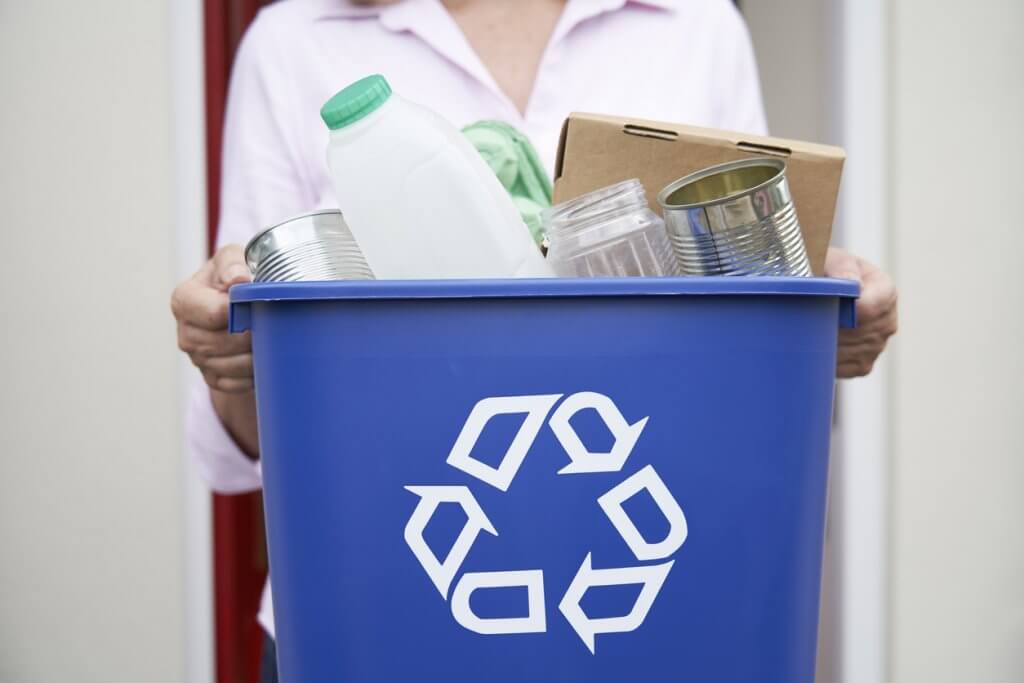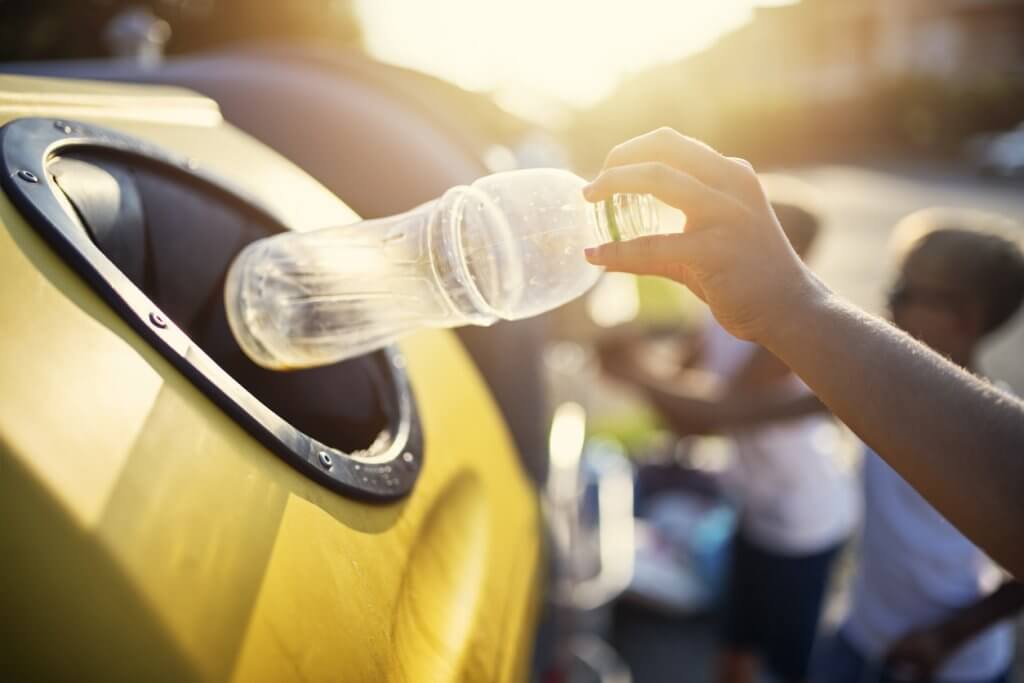Posted on 26th August 2022 by Hintons
According to 2020 statistics, the UK ranked 21st in the list of EU countries with the highest household recycling rate. A further study found that many UK residents are still confused about many of the rules regarding recycling, including where, what and how to recycle.
In this article, we plan to dispel the myths from the truth. Read on to find out everything you need to know about recycling correctly.
How can I recycle things at home?
DO check recycling guidelines for your area
One of the most important things you can do to ensure you are recycling correctly is to check the recycling guidelines for your area. In the UK, each council sets their own rules for recycling, so the rules will vary depending on where you live. Visit your local council website to find out if there are any unusual items that can be recycled in your area. You’ll also find information on what you can recycle in your household recycling bin and what you can recycle by contacting the council.
DON’T throw any foods or liquids into recycling
Food and drink can’t be recycled, and food that you chuck into your household recycling bin could end up contaminating all the other items, rendering everything useless for recycling.
DO rinse containers and bottles before recycling
Similarly, tins and bottles that contained food should be rinsed to remove any food residue. Even small amounts of food can contaminate the entire batch of recycling waste, causing all of it to be diverted to landfill.
DON’T recycle loose plastic bags
Loose plastic bags and bin bags are not recyclable, so it’s important to take your recyclable waste out of any bags before you add them to your recycling bins. The best thing to do with loose plastic bags is keep them and reuse them next time you go shopping so that you don’t accumulate a large amount.
DO safely dispose of e-waste
Most e-waste can be recycled — but not in your standard household recycling bin. Instead, take your electronic waste to your local recycling centre and place it in an e-waste bin. It’s important you recycle your e-waste instead of throwing it in your household waste bin. E-waste that ends up in landfill can leak toxic chemicals into the ground and harm the environment.
DON’T recycle packing peanuts
Packing peanuts may look recyclable, but they actually can’t be added to your recycling waste. Most packing peanuts these days are biodegradable and can be washed away in a sink or bathtub. However, if you possess packing peanuts that aren’t biodegradable, your best course of action is to keep and reuse them for when you next make a delivery.
What can and can’t be recycled?
What can and can’t be recycled may vary depending on where you live. Always check your local council website to establish the rules for your area.
In general, most areas will allow you to recycle:
- Plastic bottles
- Cereal boxes
- Magazines, newspapers and mail
- Tin, aluminium and steel cans
- Glass bottles
- Glass jars
However, you typically can’t recycle:
- Loose plastic bags
- Cling film
- Egg cartons
- Food-soiled containers
- Broken glass
- Plastic utensils
Hinton’s Waste is dedicated to recycling as much of your waste as possible. Hire a skip with Hinton’s and we’ll recycle your waste at our dedicated recycling facility. We meet the Environment Agency standards and can recycle at least 90% of the waste we collect from you.
Contact our team today to order your skip.


